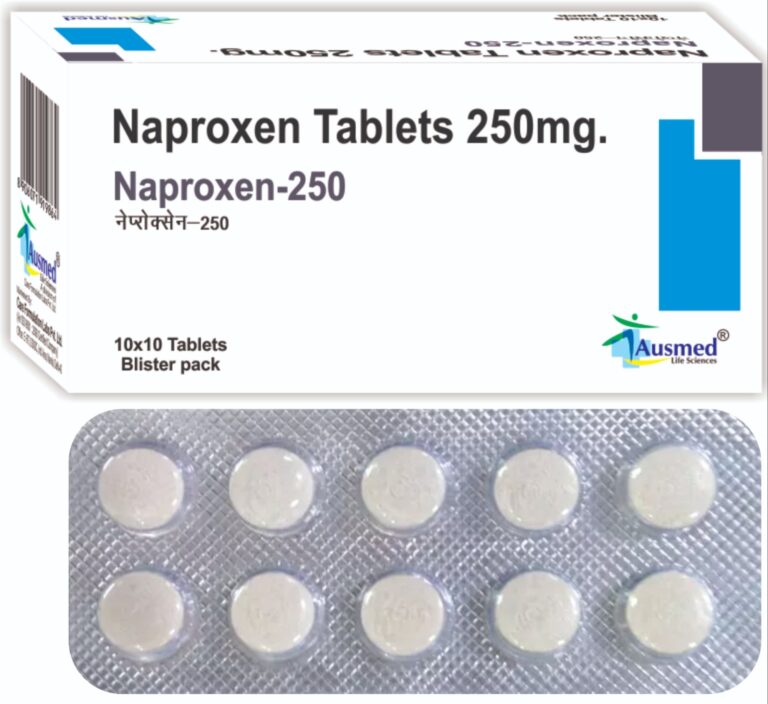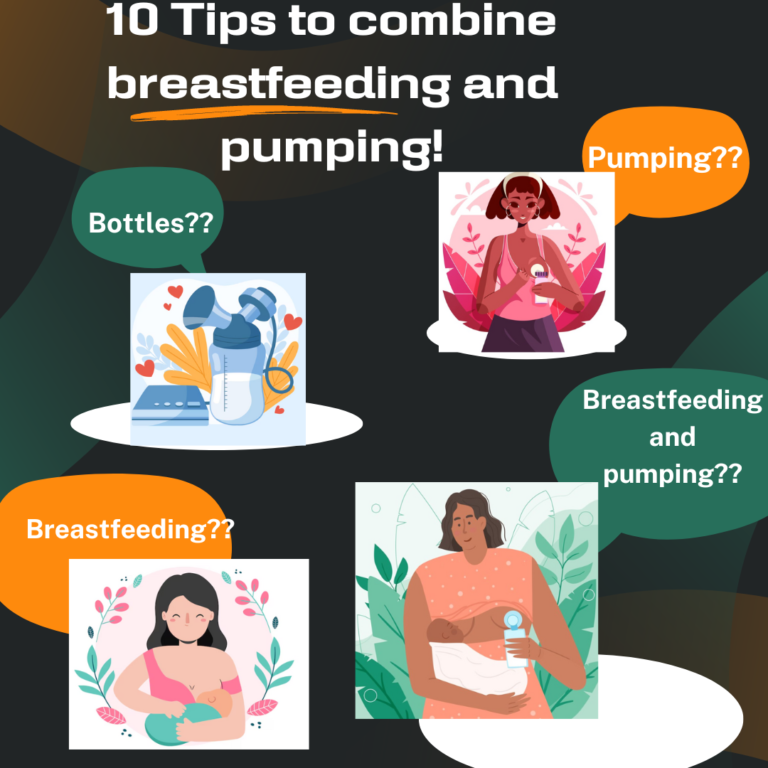Preventing constipation during pregnancy: Are High-Fiber Foods reliable!
Pregnancy is a time of joy and anticipation, but it can also come with its share of discomforts, one of which is constipation. Fortunately, there’s a natural solution at your disposal: high-fiber foods. In this blog, we’ll explore why high-fiber foods are essential during pregnancy and provide you with a list of 20 fiber-rich options to keep things moving smoothly.

Why Is High-Fiber Food Important During Pregnancy?
High-fiber foods are vital during pregnancy because they help alleviate and prevent constipation, a common discomfort for expectant mothers. Pregnancy hormones and the growing uterus can slow down the digestive system, making bowel movements difficult. High-fiber foods, like fruits, vegetables, and whole grains, add bulk and softness to stool, promoting regularity and reducing straining.
Additionally, they aid in maintaining stable blood sugar levels and managing weight gain, contributing to overall maternal health. Including high-fiber options in your diet is a natural and safe way to ensure digestive comfort and well-being during pregnancy.
Does High-Fiber Food Help Pregnant Ladies Prevent Constipation?
Yes, high-fiber foods are beneficial for pregnant women in preventing and alleviating constipation.
Pregnancy often leads to hormonal changes and increased pressure on the digestive system due to the growing uterus, which can result in constipation. High-fiber foods, such as fruits, vegetables, whole grains, legumes, and seeds, add bulk to the stool and soften it, making it easier to pass through the intestines.
This promotes regular bowel movements, reduces straining, and minimizes discomfort, helping pregnant women maintain better digestive health. Including a variety of high-fiber foods in the diet is a natural and effective way to manage constipation during pregnancy while ensuring the well-being of both the mother and the baby.
Are Fiber Gummies Safe During Pregnancy?
The safety of fiber gummies during pregnancy depends on various factors, including the specific product and its ingredients. In general, many fiber gummies are considered safe for pregnant women because they provide a convenient way to supplement dietary fiber. However, it’s essential to exercise caution and consult with your healthcare provider before using any supplements or medications during pregnancy.
Here are some considerations:
- Ingredients: Check the ingredients list of the fiber gummies. Some products may contain additional components, such as vitamins or minerals, that might not be suitable in excess during pregnancy.
- Consult Your Healthcare Provider: Always consult with your healthcare provider before adding any supplements to your pregnancy regimen. They can recommend safe options based on your individual health and dietary needs.
- Dietary Sources First: It’s generally advisable to obtain nutrients, including fiber, from dietary sources whenever possible. Incorporating high-fiber foods into your diet should be the primary approach to manage constipation during pregnancy.
- Balanced Approach: If your healthcare provider approves the use of fiber gummies, use them as part of a balanced and varied diet. Avoid excessive consumption and adhere to the recommended dosage.
Remember that every pregnancy is unique, and what may be safe for one person may not be appropriate for another. Your healthcare provider can provide personalized guidance and ensure that any supplements, including fiber gummies, are safe for both you and your baby.
Are Fiber Choice Tablets Safe During Pregnancy?
Fiber Choice tablets, like other fiber supplements, should be used with caution during pregnancy and only under the guidance of your healthcare provider. While fiber supplements can be a helpful way to manage constipation, it’s essential to consider several factors before using them during pregnancy:
- Consult Your Healthcare Provider: Always consult with your healthcare provider before taking any supplements, including Fiber Choice tablets, during pregnancy. They can evaluate your specific health needs and recommend safe options.
- Ingredients: Examine the ingredients in the product. Some fiber supplements may contain additional components or additives that may not be suitable for pregnant women.
- Balanced Diet: Whenever possible, focus on obtaining fiber from natural dietary sources. Incorporate high-fiber foods like fruits, vegetables, whole grains, and legumes into your daily meals to promote digestive health.
- Dosage: If your healthcare provider approves the use of fiber supplements, follow their recommended dosage instructions. Avoid excessive consumption, as it may lead to discomfort or adverse effects.
- Monitoring: Pay close attention to how your body responds to the supplement, and if you experience any unusual symptoms or side effects, report them to your healthcare provider.
- Lifestyle and Dietary Changes: In addition to fiber supplements, consider making dietary and lifestyle modifications to manage constipation during pregnancy. These may include drinking plenty of water, engaging in regular physical activity, and responding promptly to the urge to have a bowel movement.
Your healthcare provider will consider your individual health, dietary habits, and any other pregnancy-related factors when advising you on the use of fiber supplements. They can provide personalized recommendations to ensure your well-being and the safety of your baby.
What Will Happen On Overeating Fiber In Pregnancy?
While fiber is essential, consuming excessive amounts can lead to bloating, gas, and discomfort. It’s best to strike a balance and get your fiber from a variety of sources.

20 High-Fiber Foods for Pregnancy
Their are lots of high-fiber foods in the market. The most effective one’s for the pregnant women’s are listed down below:
- Whole grains like oats, quinoa, and whole wheat
- Fruits such as apples, pears, and berries
- Vegetables like broccoli, spinach, and carrots
- Legumes including lentils, chickpeas, and black beans
- Nuts and seeds like almonds, chia seeds, and flaxseeds
- Brown rice
- Sweet potatoes
- Avocado
- Prunes and prune juice
- Bran cereal
- Popcorn (in moderation)
- Edamame
- Raspberries
- Artichokes
- Kiwi
- Guava
- Figs
- Brussels sprouts
- Peas
- Corn (fresh or frozen)
Lets discuss them in detail:
Certainly, here are 20 high-fiber foods for pregnancy along with their approximate fiber content per serving and additional advantages:
- Whole Grain Bread (1 slice):
- Fiber Content: 2-4 grams
- Advantages: Provides sustained energy and contains essential nutrients like B vitamins.
- Oatmeal (1 cup, cooked):
- Fiber Content: 4 grams
- Advantages: Rich in soluble fiber, which may help lower cholesterol levels.
- Brown Rice (1 cup, cooked):
- Fiber Content: 3.5 grams
- Advantages: A good source of complex carbohydrates and various nutrients.
- Quinoa (1 cup, cooked):
- Fiber Content: 5 grams
- Advantages: High protein content, gluten-free, and rich in vitamins and minerals.
- Whole Wheat Pasta (1 cup, cooked):
- Fiber Content: 6 grams
- Advantages: Contains more fiber and nutrients compared to regular pasta.
- Sweet Potatoes (1 medium):
- Fiber Content: 4 grams
- Advantages: High in vitamin A, potassium, and antioxidants.
- Avocado (1/2 avocado):
- Fiber Content: 6-7 grams
- Advantages: Rich in healthy fats, potassium, and folate.
- Broccoli (1 cup, cooked):
- Fiber Content: 5 grams
- Advantages: Packed with vitamins C and K, as well as folate.
- Spinach (1 cup, cooked):
- Fiber Content: 4 grams
- Advantages: A good source of iron, calcium, and vitamins.
- Kale (1 cup, cooked):
- Fiber Content: 3 grams
- Advantages: High in vitamin K, antioxidants, and calcium.
- Brussels Sprouts (1 cup, cooked):
- Fiber Content: 4 grams
- Advantages: Rich in vitamin C, vitamin K, and antioxidants.
- Carrots (1 medium):
- Fiber Content: 2 grams
- Advantages: High in beta-carotene and vitamins.
- Apples (1 medium with skin):
- Fiber Content: 4 grams
- Advantages: Contains vitamin C and various antioxidants.
- Pears (1 medium with skin):
- Fiber Content: 6 grams
- Advantages: High in vitamin C and potassium.
- Berries (1 cup):
- Fiber Content: Varies (e.g., strawberries: 3 grams)
- Advantages: Rich in antioxidants, vitamin C, and phytochemicals.
- Legumes (e.g., lentils, chickpeas, black beans) (1 cup, cooked):
- Fiber Content: Varies (e.g., black beans: 15 grams)
- Advantages: Excellent sources of plant-based protein and minerals.
- Nuts (e.g., almonds, walnuts, pistachios) (1 ounce):
- Fiber Content: Varies (e.g., almonds: 3.5 grams)
- Advantages: Provide healthy fats, protein, and essential nutrients.
- Seeds (e.g., chia seeds, flaxseeds, pumpkin seeds) (1 ounce):
- Fiber Content: Varies (e.g., chia seeds: 10 grams)
- Advantages: High in omega-3 fatty acids, protein, and minerals.
- Prunes (5-6 prunes):
- Fiber Content: 3-4 grams
- Advantages: Natural laxative properties that can alleviate constipation.
- Figs (4-5 dried figs):
- Fiber Content: 3-4 grams
- Advantages: Provide calcium, potassium, and iron.
Incorporating these foods into your pregnancy diet can not only help prevent constipation but also provide a wide range of essential nutrients and health benefits for both you and your baby.
When to Consult a Doctor?
If constipation becomes severe, or if you experience bleeding, abdominal pain, or other concerning symptoms, consult your healthcare provider for proper evaluation and guidance.
Conclusion
High-fiber foods are your allies in preventing constipation during pregnancy. By incorporating these natural sources of fiber into your diet and seeking professional advice when necessary, you can enjoy a smoother and more comfortable pregnancy journey.
FAQ’s
- Can I take over-the-counter laxatives for constipation during pregnancy?
It’s essential to consult your healthcare provider before using any laxatives during pregnancy. They can recommend safe options based on your specific situation.
2. What are some natural ways to relieve constipation during pregnancy?
Natural methods include eating high-fiber foods, drinking plenty of water, staying physically active, and responding promptly to the urge to have a bowel movement.
3. Is it normal to have occasional constipation during pregnancy?
Yes, occasional constipation is common during pregnancy due to hormonal changes and the growing uterus. However, it’s essential to manage it to avoid discomfort and potential complications.












+ There are no comments
Add yours